News
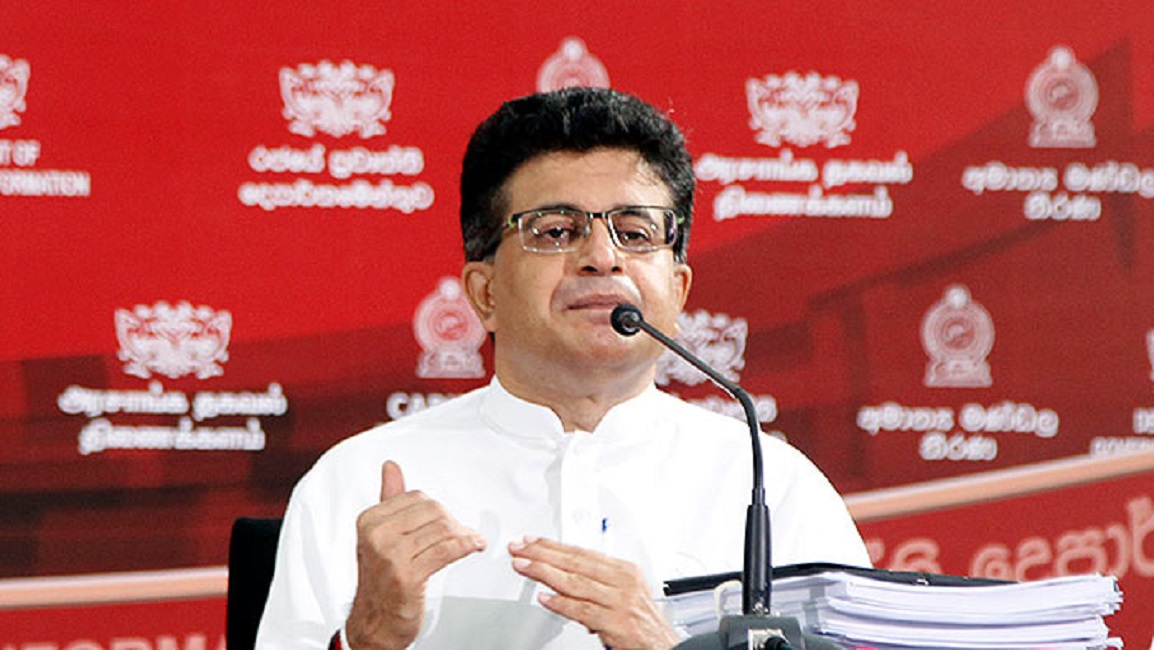
Sri Lanka pleads for debt rollover as economy falters
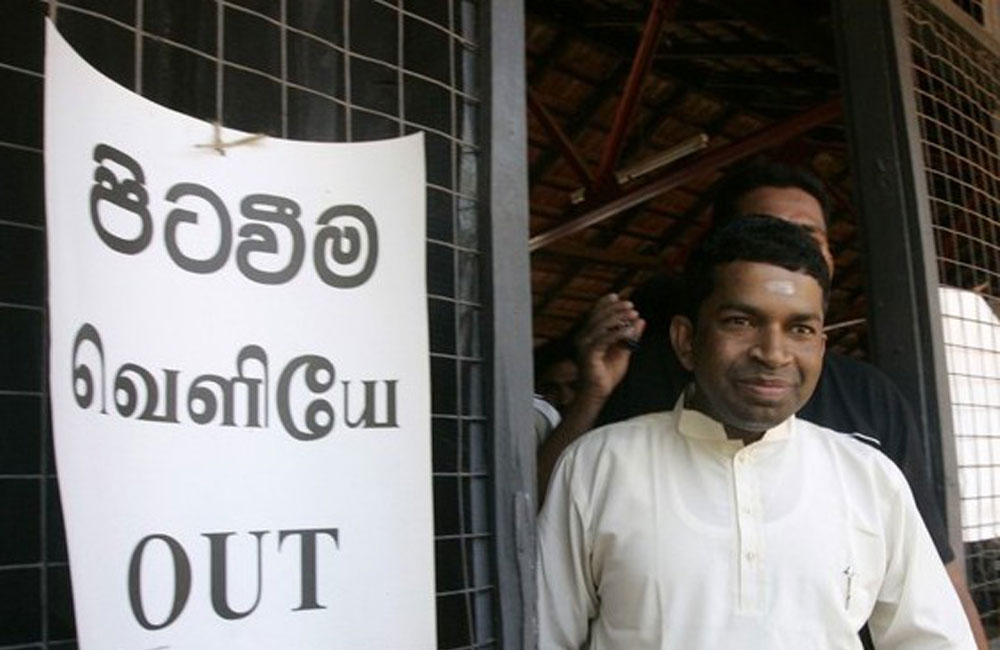
Collapse of Joseph Pararajasingham murder case a failure of justice : Amnesty International
“The collapse of this case marks yet another sorry milestone in the Sri Lankan authorities’ continued failure to ensure justice for crimes committed during the armed conflict. The Attorney General’s Office has not indicated any interest in re-opening the investigation into the murder.
“Those aligned with the state must not continue to enjoy impunity for historic abuses. Without accountability, Sri Lanka will never be able to turn the page on this dark chapter. The authorities must immediately launch a new thorough, effective and impartial criminal investigation and bring those responsible for Joseph Pararajasingham’s murder to justice.
“However, given the repeated failures of past domestic accountability mechanisms, we are not holding our breath. The international community must step up to end the cycle of impunity and advance accountability for human rights violations in Sri Lanka.”
Background
Joseph Pararajasingam MP was shot dead while attending mass at St Mary’s Church, Batticaloa on Christmas Eve 2005.
One of the five persons suspected of criminal responsibility for the murder was MP Sivanesathurai Chandrakanthan (alias Pillayan), the leader of Tamil Makkal Viduthalai Pulikal (TMVP), a government-aligned political party. The Criminal Investigations Department arrested Chandrakanthan in connection with the murder in 2015.
In February 2020, the Sri Lankan government withdrew its support for the UN Human Rights Council (UNHRC) resolution committing the country to promoting reconciliation, accountability and human rights.
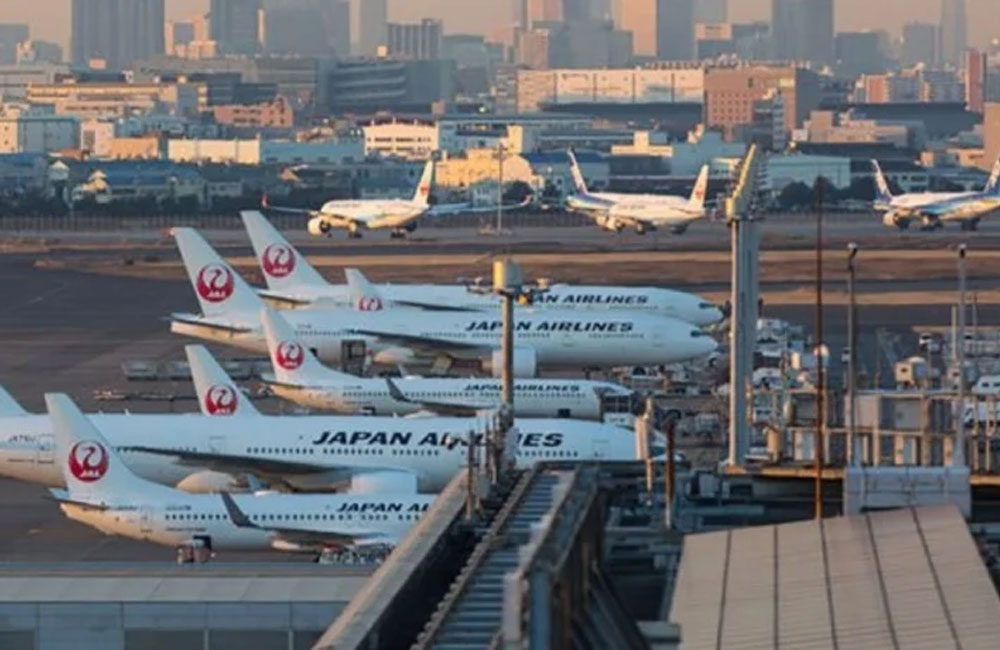
Japan bars entry for arrivals from Sri Lanka
At a news conference, Suga explained that the government had changed its position to temporarily halt all business travel as new COVID-19 infections spread domestically, saying that additional steps needed to be taken at borders to prevent new coronavirus variants from entering the country.
“To protect people’s lives and livelihoods, and to remove potential risks (over the pandemic), I have decided to temporarily suspend” the entry of foreign business travelers, Suga said.
In addition to “the deeply troubling” domestic coronavirus situation, there were cases of a cluster attributed to a variant from an individual who returned from the U.K. and of another new variant from several individuals who returned from Brazil, Suga said, explaining the reason behind the decision.
The entry restrictions will take effect from Thursday through Feb. 7, when the state of emergency declared for 11 prefectures is set to expire.
Immigration authorities already halted new entries of nonresident foreign nationals in December following the discovery of a deadly new strain of the coronavirus in the United Kingdom. However, authorities preserved the travel mechanism for business travelers to minimize disruptions to economic activities, Suga’s top priority.
Japanese and foreign nationals with valid legal statuses are permitted to return to the country under the latest entry restrictions.
The prime minister had previously said last week that business entry would be immediately suspended once a variant is detected in a participating country.
The latest policy announcement is essentially a concession by Suga, who had been said to be hesitant to halt business travels over the economic repercussions. Even some of his fellow conservative Liberal Democratic Party lawmakers have pressed him to implement restrictions on business travels to beef up border control measures.
The countries and regions affected are: Vietnam, China, South Korea, Taiwan, Hong Kong, Myanmar, Thailand, Cambodia, Singapore, Sri Lanka and Malaysia.
Japan has additionally concluded mutual “business track” agreements with China, Vietnam, South Korea and Singapore to facilitate exchanges. Under the framework, business travelers from those four countries as well as Japan are exempted from quarantine at an airport but are required to obtain a negative result from a virus test before departing. The travelers are exempted from a 14-day self-quarantine period in exchange for the submission of an activity plan.
Between Jan. 4 and last Sunday, as many as 11,546 people, mainly from Vietnam and China, had entered Japan using the reciprocal business travel programs, according to Justice Ministry data.
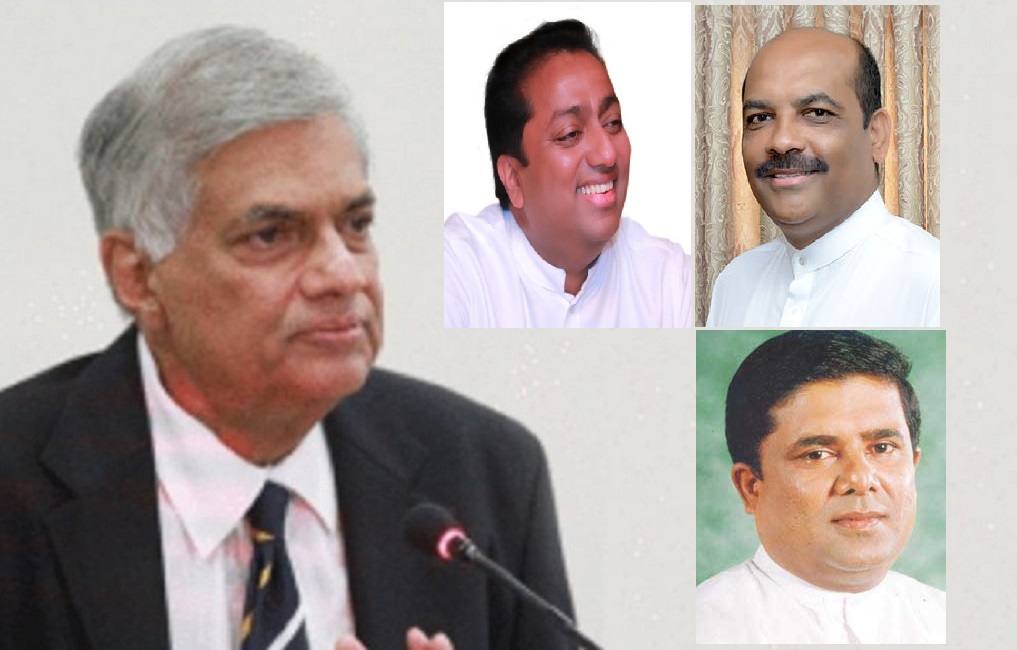
UNP revamped: Working Committee approves new office bearers
Accordingly, former general secretary Akila Viraj Kariyawasam has been appointed as the assistant leader while Palitha Range Bandara has been appointed as the new general secretary. Former minister Vajira Abeywardena has been appointed as the chairman and ASM Misbah has been appointed as the treasurer.
D. M. Swaminathan and Arjuna Ranatunga have been appointed as the senior vice chairmen of the UNP while Daya Gamage, Sagala Ratnayake, and Sunethra Ranasinghe have been appointed as vice chairmen.
Navin Dissanayake will retain his role as the national organiser of the UNP.
Meanwhile, Nalaka Kolonne has been appointed as the deputy secretary general of the UNP.
The Working Committee also approved the appointment of Dr. Karunasena Kodithuwakku as the head of the policy and research division.
Sandith Samarasinghe has been appointed as the secretary of the Committee on International Affairs and Local Government.
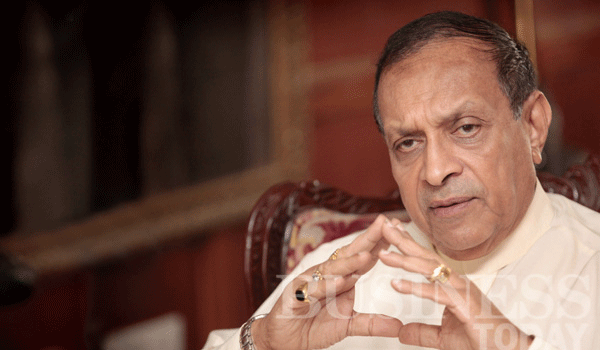
Karu requests the Govt. to utilize Rs.14 billion in three funds to repatriate migrant workers
He noted that they are deeply saddened about the inhumane response of the present regime to innocent Sri Lankans who are suffering in many foreign countries across the world.
Addressing a press conference today (14), the former speaker pointed out that all migrant workers who are stranded abroad can be repatriated using Sri Lankan airlines for less than Rs. 9 billion.
"As far as we are aware, a huge sum of money amounting to nearly Rs. 14 billion has been accumulated in three funds affiliated to the Bureau of Foreign Employment. It is also possible to repatriate these people through our own airlines for less than Rs. 9 billion. We see it as a humanitarian act that can be done in this dire situation. We hope this appeal is brought to the attention of the Government," he said.
Jayasuriya said that these migrant workers were responsible for the net foreign exchange income to this country in the last few decades and therefore, they have rendered the most important service to this country in recent times.
"But how does a country that relies on their sweat and tears treat them today? How is it possible to ignore the grievances of those people in the Middle East who are extremely helpless and who are living in parks as they have no place to live. Should we not feel shame about a country that is allowing a gang of cronies to exploit the Covid pandemic to take away everything they have earned through sweat and tears over the years?" he said.
Speaking further, he said that,
"According to reports received, about 60,000 Sri Lankans are currently waiting to return to their homeland. We must not forget that some countries in the world have repatriated their citizens at the expense of the government. How unfair would it be if they have to spend their hard-earned money to return?
Many Sri Lankans abroad who spoke to us said that as soon as this government came to power, it had recalled a number of officials attached to the Foreign Employment Bureau in embassies in the Middle East. As such, there is information that those embassies do not have sufficient staff to provide services to Sri Lankans in those countries today.
Many have reported to us that in countries with large numbers of Sri Lankan migrant workers, there were at least 3-4 senior officers affiliated to the Foreign Employment Bureau for welfare purposes. They said in the absence of these officers now, they often do not get the support they are entitled to receive.
The Government should pay special attention to these matters. We call on the government to provide humanitarian assistance to these Sri Lankans in need as soon as possible.
After the Hon. President Gotabaya Rajapaksa came into power, his main request was that his faction be given a two-thirds majority in parliament to ensure good governance in the country. Due to the immense trust that the people of this country had placed in the Hon. President, they fulfilled the request made. This is why the present government got a two-thirds majority. Thereafter, the Hon. President as well as other leaders of the current Government pointed out the need to bring in the 20th Amendment to the Constitution. The government used the power they had obtained to gain even more power that no previous ruler in this country had through the 20th Amendment to the Constitution.
Have these unlimited executive powers been used for the benefit of the people of this country? Sadly, the answer is no. But using this unlimited power, it is possible to make a list of all the anti-democratic activities that have been and are still being carried out. In fact, instead of the beautiful world that people had hoped for, the 20th Amendment has turned it into a pit of fire on their heads.
The other thing that shocked us during the week was the massive destruction of the environment by the use of political force. One such instance in particular was the environmental destruction in the Wattala area reported by His Eminence Cardinal Malcolm Ranjith. It was later reported that the necessary permission had been obtained for this project. However, we hope that a proper investigation will be carried out as obtaining permission for any project can be done very easily in Sri Lanka.
The other tragedy was the felling of valuable trees believed to be over 100 years old to create a flower garden at the Buwanekabahu Park in Kurunegala. We consider this a national crime. In many parts of the world, it is a common practice to preserve such historic trees and design gardens. How practical would it have been if the same was followed in this instance?
Although it was later stated that government permission was obtained for this project as well, we have seen many instances where the law of this country is bent to achieve various ends. It has been several months since the demolition of the Buwaneka pavilion of archaeological value, but those responsible are still roaming free.
Have the people who once instilled strong faith in one country, one law, made it a reality today? There is nothing more laughed at today than the law of this country. This is a horrendous situation. There is no worse destruction that can be done to a country other than the misuse, abuse and making light of its law.
This is evident from the dramatic acting by various responsible persons following the recent incident at the Mahara Prison. Today the truth and reality behind the incident has been revealed. It has now become clear that all these were shootings and murders. But has justice been done? Is there even a semblance of justice being done?
This is evident from the dramatic acting by various responsible persons following the recent incident at the Mahara Prison. Today the truth and reality behind the incident has been revealed. It has now become clear that all these were shootings and murders. But has justice been done? Is there even a semblance of justice being done?
So what exactly can happen in a situation like this? What is the most important lesson that world history has taught us? It is that justice cannot always be walked over. There is no man in the world clever enough to stop people from coming forward to demand justice at the right moment. Therefore, it would be ideal if all the rulers of this country realise this fact."
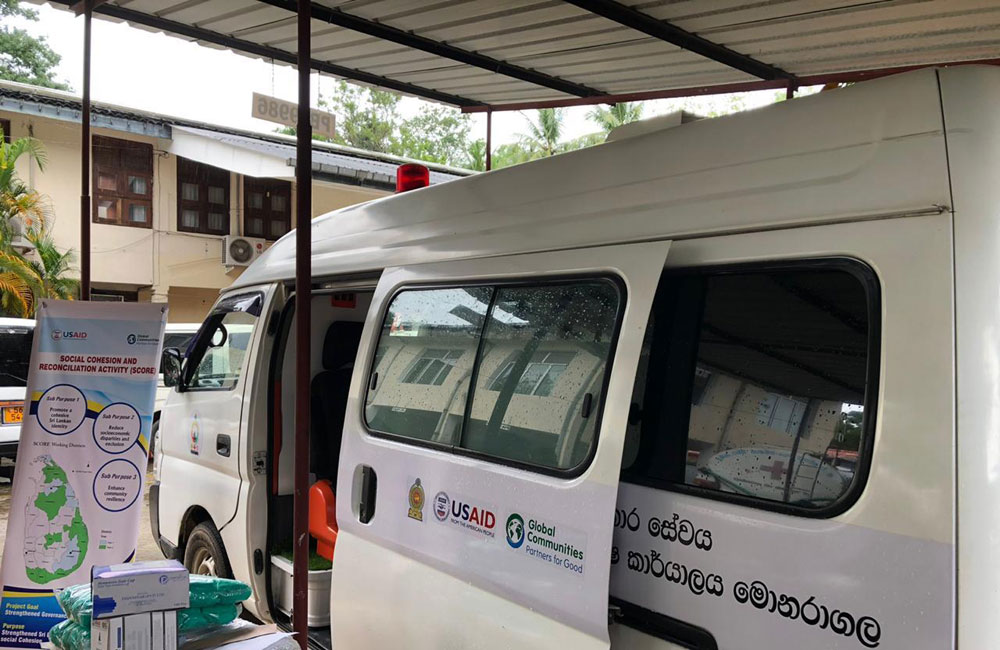
US donates mobile testing unit to fight Covid-19
The mobile unit will administer PCR tests and provide vital health services to 100 people daily in Moneragala communities hit hard by the pandemic. The mobile unit enables safe sample collection by avoiding direct contact and can be used in future for testing other communicable diseases, including dengue.
"By making COVID-19 tests and other health related services accessible to rural communities, the United States is helping mitigate some of the profound human and economic losses caused by the pandemic," said U.S. Ambassador to Sri Lanka Alaina B. Teplitz.
The donation was funded by the U.S. Government's development arm the U.S. Agency for International Development (USAID) through its Social Cohesion and Reconciliation project.
The U.S. Government has provided USD 6 million in aid to reduce the spread of COVID-19 in Sri Lanka. The assistance is helping to prepare laboratory systems; activate case-finding and event-based surveillance; support technical experts for response and preparedness; support risk communication; and address infection prevention and control.
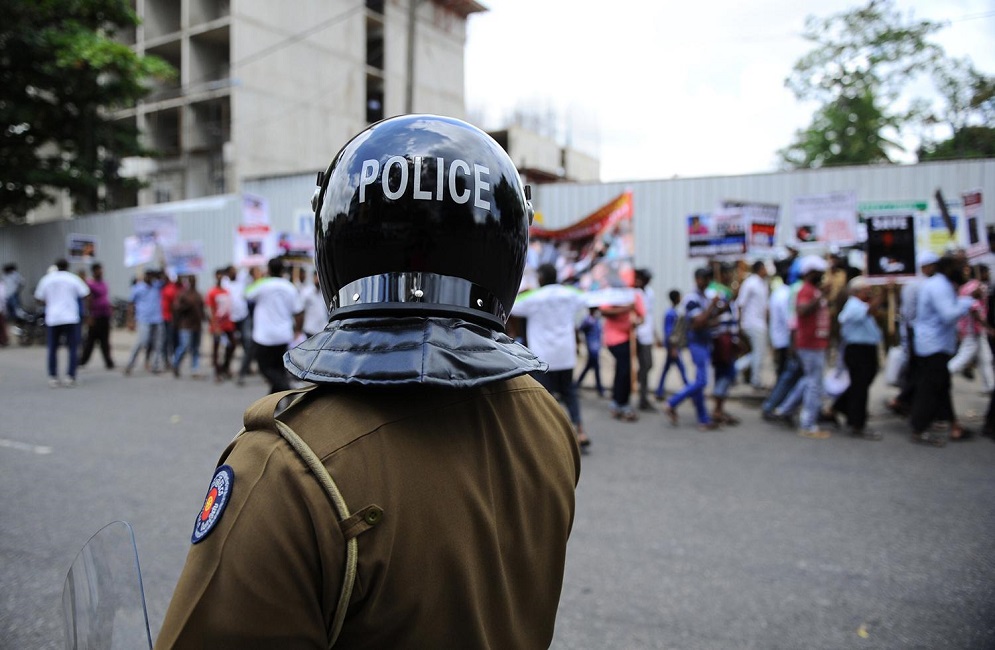
SL human rights situation deteriorates under present administration

Swarnamahal Finance gets permission to resume business for three months
This will be carried out under the supervision of the Panel of Management appointed by the Monetary Board (Panel of Management), subject to several strict conditions, in the public interest and in the interests of the depositors of the Company.
This operation of the finance company is limited for period of three (03) months from 13th January 2021 to 12th April 2021, in terms of Section 31(5)(a) of Finance Business Act, No. 42 of 2011 (FBA), only for the purpose of repayment up to fifty percent (50%) of the remaining deposits of the Company (repayment plan), Central Bank announced on Tuesday (12).
Due to the various irregularities taken place and inability of the Board of Directors and the Senior Management of SFSP to address the resultant issues, the Monetary Board, on 02nd January 2018, issued Directions to the directors of the Company and appointed a Panel of Management to oversee the affairs of the Company.
Even though the Monetary Board directed the Board of Directors of SFSP to bring suitable investor(s) to revive the Company, no viable investment proposal was available and the financial condition of the Company continued to deteriorate.
In the meantime, 30% of SFSP deposits was repaid in 2018 and 2019. Having considered the continuously deteriorating financial condition and non-availability of a viable revival plan, the Monetary Board decided to suspend the business of SFSP in terms of Section 31(1) of FBA, with effect from 13th July 2020.
During the period of suspension, payment of compensation for the insured depositors under the Sri Lanka Deposit Insurance and Liquidity Support Scheme (SLDILSS) was commenced Issued By Date through the island wide branches of the People’s Bank.
By end 2020, a sum of Rs. 834.1 mn has been paid for 25% of the insured depositors out of the total of 9,660, up to a maximum of Rs. 600,000/- per insured depositor. Such amounts cover 84.9% of the Rs. 982.9 mn of eligible compensation under SLDILSS.
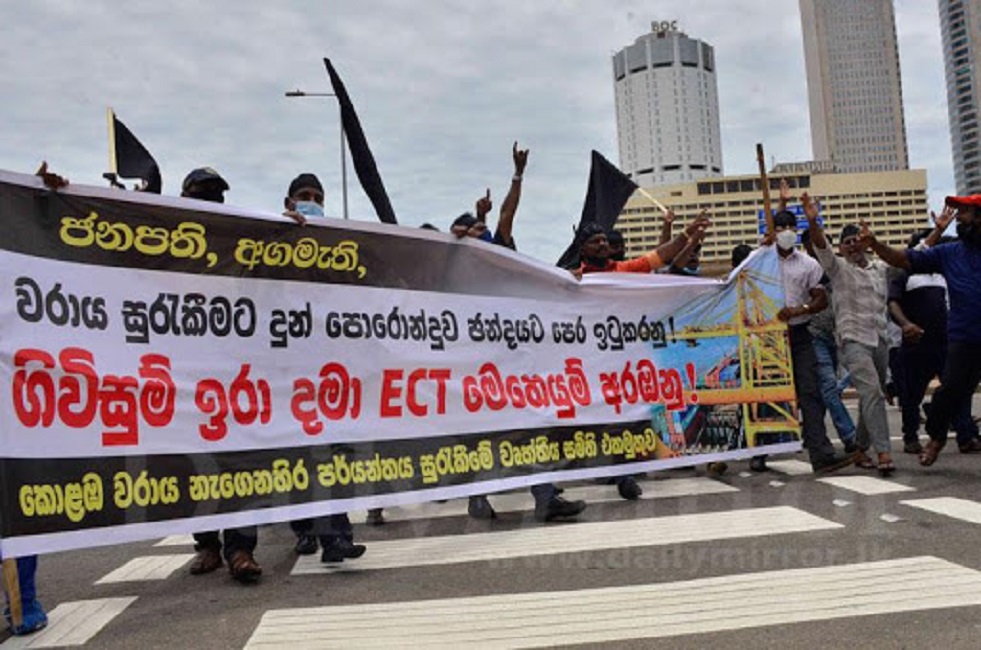
Talks between the president and trade unions on ECT end in a deadlock
Discussions with President Gotabaya Rajapaksa on handing over the Eastern Terminal (ECT) of the Colombo Port to India have concluded unsuccessfully and in a deadlock, trade unions said.
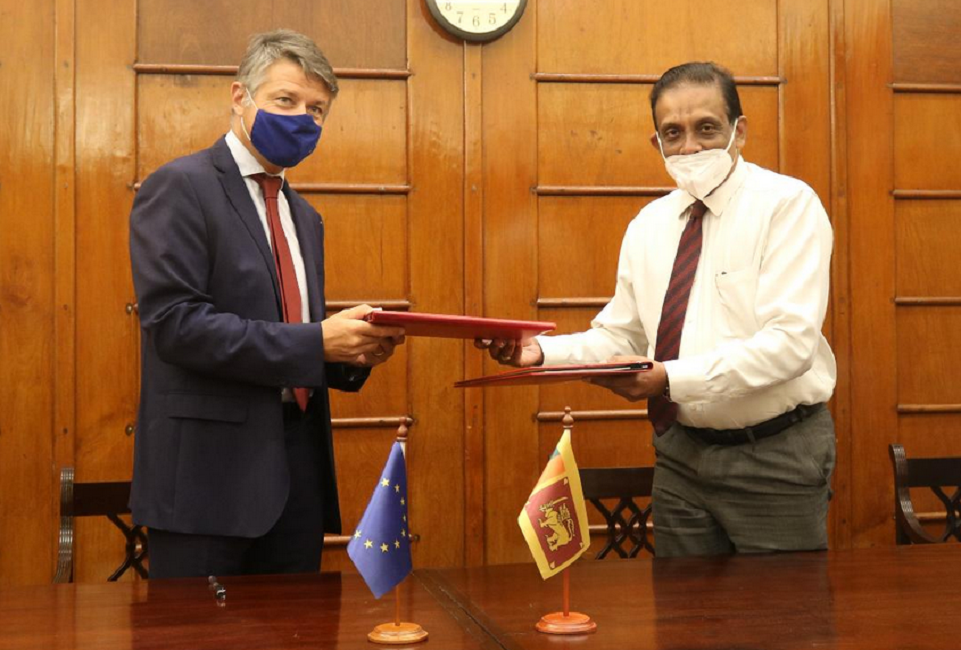
EU grants LKR 8.26 billion to mitigate climate change & improve food safety

Central Bank instigates winding up action against ETI Finance

Delayed “Park and Ride” recommences from this Friday
The much delayed but very much hyped “Park and Ride” facility is to be recommenced from this Friday in the New Year 2021 onwards, this time from the Makumbura Multimodal Transport Hub, the State Ministry of Vehicle Regulation, Bus Transport Services revealed.
Page 398 of 681